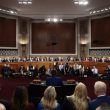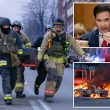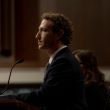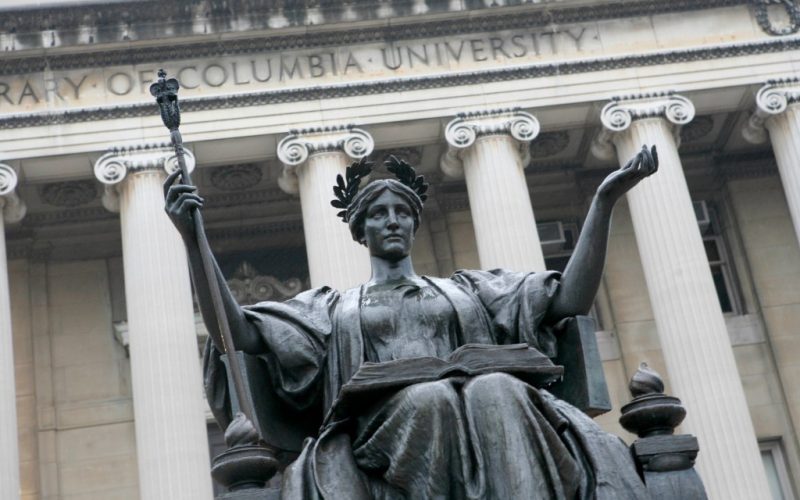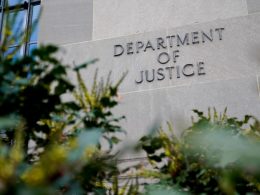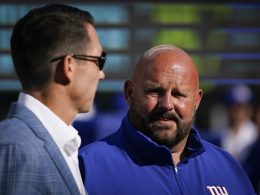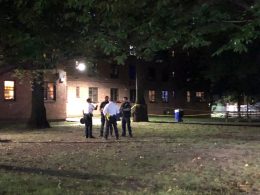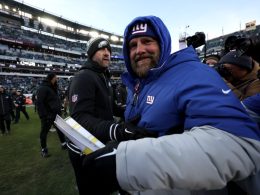This is an open letter to Columbia University Interim President Katrina Armstrong.
Dear President Armstrong,
We write to express our deep concern over the continued closure of College Walk, the section of W. 116th St. between Broadway and Amsterdam Ave. This once-public space, central to the life and flow of the local community, has remained inaccessible since the spring of last year — and has yet to be reopened. This closure is more than an inconvenience; it is a breach of trust and a violation of the agreements that govern this historic pathway.
To understand the significance of this issue, we must revisit the origins of this agreement. In 1953, Columbia University proposed the closure of W. 116th St. as part of its bicentennial celebrations. The proposal was framed as an act of goodwill — a gesture to beautify the campus and create a unified space for both the university and the surrounding community.
The Board of Estimate, the City Planning Commission, and then-Borough President Robert F. Wagner supported this proposal, but with a few key conditions. Among them, Wagner explicitly stated that “provisions should be made whereby the City retains a perpetual easement for the right of pedestrian passage between Broadway and Amsterdam Ave. and likewise that provisions be made for the passage of emergency vehicles, such as fire, police, and ambulance services.” He recognized the importance of maintaining open access for the community and ensuring that this space remained a shared resource.
The finalized agreement reflected this understanding. It was not merely a gift to Columbia, but a mutual arrangement built on trust and the promise that the university would maintain the space while keeping it accessible to the public. It is for those reasons, and that historical context, that Columbia’s current actions feel like a profound betrayal of the community’s trust. By unilaterally closing College Walk without consultation or any plan for reopening, the university is reneging on the very terms that made this arrangement possible in the first place, leaving the community completely out in the cold.
Columbia cannot have it both ways. It is part of the City of New York when recruiting students and professors. It is part of the City of New York when it requires the intervention of the NYPD to maintain order. Yet, when a neighborhood resident tries to set foot on campus, suddenly Columbia claims the right to invoke private property. This selective engagement with the community is unacceptable and fundamentally undermines the university’s stated commitment to being part of the city’s fabric.
We acknowledge that the initial closure of College Walk in response to protests occurring on campus last year was likely done out of concern for safety and security during a heightened period of tension. However, what may have been an appropriate temporary measure has now become a prolonged and unjustified restriction on public access.
From outside the gates, it appears that Columbia is attempting to ease its way into a new normal — one in which the public is permanently excluded from a space they are entitled to access. An institution built on the free exchange of ideas has no business erecting barriers to the public, particularly at a time when national and local trust in academia is waning.
To take what was never granted under the guise of safety, and to do so without transparency or communication demonstrates that Columbia is not acting as a true partner in Upper Manhattan, even as it relies on the city’s resources and talent to bolster its reputation and endowment.
Beyond the legal obligations, the closure of College Walk has practical consequences that cannot be ignored. For many residents, especially seniors and people with disabilities, the ability to cut across campus to reach the subway station or local businesses is a matter of accessibility. The closure forces detours that add unnecessary strain and time to their journeys, making it harder for them to navigate the neighborhood they call home. Residents have contacted our offices to register these concerns for months.
We urge the university to reopen College Walk as soon as possible. Furthermore, if there is such a time that access must be restricted for safety reasons, we urge Columbia to implement a free ID-based community access system to ensure that residents of Upper Manhattan can still move freely through campus. Such a program would acknowledge the community’s rightful stake in this shared space and help restore goodwill.
Abreu is a Council Member for District 7. Edwards is chair of Manhattan Community Board 9.
